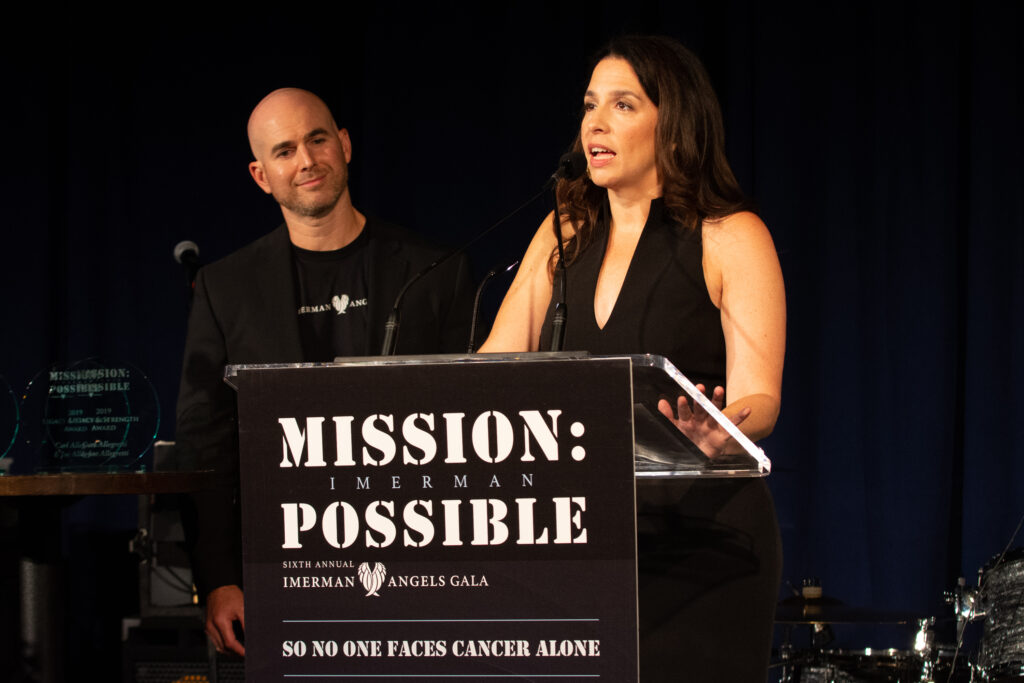self-compassion
MINDFULNESS & MEDITATION
Table of Content
- Meaning Behind Mindfulness
- Instructions
- Meditation Centers
- Apps
Meaning Behind Mindfulness
Mindfulness: Finding Peace in a Frantic World
Created by meditation teacher Dr. Danny Penman, and Clinical Psychology Professor Mark Williams, this website gives a simple overview of mindfulness and provides resources and apps for those who want to explore further.
With Nonviolent Communication (NVC) we learn to hear our own deeper needs and those of others. Through its emphasis on deep listening—to ourselves as well as others—NVC helps us discover the depth of our own compassion. This language reveals the awareness that all human beings are only trying to honor universal values and needs, every minute, every day.
NVC can be seen as both a spiritual practice that helps us see our common humanity, using our power in a way that honors everyone’s needs and a concrete set of skills that help us create life-serving families and communities. The form is simple, yet powerfully transformative. https://www.cnvc.org/
A website that explores the latest scientific research into mindfulness and meditation, and how they can be used in our daily lives. The site also shares interviews with leading researchers in the field of mindfulness, meditation, and compassion.
Instructions
Guided Meditations (pre-recorded)
Begin or maintain your meditation practice by following our pre-recorded guided meditations.
Weekly Guided Meditations (live sessions)
Morning meditations can be a moment of respite before the rush of the day. One of our four experienced facilitators will be guiding each 45-minute sessions every Tuesday morning.
Meditation Centers
The East Bay Meditation Center welcomes everyone seeking to end suffering and cultivate happiness. Their mission is to foster liberation, personal and interpersonal healing, social action, and inclusive community building.
Insight Meditation Center
The Insight Meditation Center is a community-based, urban refuge for the teachings and practice of insight meditation, also known as mindfulness or vipassana meditation. We offer Buddhist teachings in clear, accessible and open-handed ways.
San Francisco Dharma Collective
The San Francisco Dharma Collective is a welcoming and inclusive space for meditation, community, and awakening through diverse teachings and practices.
The SF Zen Center has in-person beginner’s introductions to meditation while also sharing videos of talks and teachings online.
SF Zen Center Branching Streams Affiliate Directory
The nonprofit also offers a statewide and international directory of meditation centers.
Spirit Rock offers the spaciousness and stillness as well as caring teachers, staff and volunteers to create a supportive environment for turning inward and letting go of the struggles that get in the way of experiencing the freedom and joy that are inherent in every moment of life.
Upaya Zen Center in Santa Fe, New Mexico offers daily Zen meditation, weekly dharma talks, and programs on Buddhist teachings, art, neuroscience, and social engagement. The center also provides professional training for end-of-life-care and Buddhist chaplaincy.
Apps
Tend is a mindfulness platform designed to bring your life into focus, manage your day-to-day, and help you chart a path toward a more meaningful life.
This free app has guided meditations, a timer, and the option to show who else across the globe is meditating at the same time as you are.
This meditation app offers a free 10-day beginner’s course that guides you through the essentials of meditation and mindfulness.
Working with Imerman Angels
Zen Caregiving Project is working with the non-profit organization Imerman Angels. Imerman Angels provides comfort and understanding to those experiencing cancer by matching them with a Mentor Angel, a cancer survivor or caregiver who has faced the same type of cancer. ZCP delivered a four-part training to staff on self-compassion and ran a session on grief and loss for the wider Imerman Community on Grief Awareness Day. ZCP will be working with Imerman Angels on future resources around grief for Imerman Angels’ Mentors and Mentees.
We spoke with Executive Director Stephanie Lieber and asked why a focus on grief was so important for her staff and community.

ZCP: Why did you feel it was important to bring in training around grief for your staff and community?
Stephanie: The idea actually didn’t come from me, it emerged from our mentors. Our mentors were coming to us and sharing that they didn’t feel adequately equipped to support their mentees going through grief and loss. They wanted resources to give to their mentees to support them through a range of losses, including loss of confidence in the body, loss of a limb, or loss of a partner. They also often struggled to address the feelings of loss that were triggered for them when supporting their mentees. We needed to equip our community with tools and approaches to support them and to help them support each other.
Hearing this from our Mentors, our Staff team dug in and thought about their own feelings towards loss and grief, along with how we serve our community. In our staff team alone, four staff members have lost loved ones to cancer in addition to others who have survived cancer themselves, or have relatives and friends that they have supported through cancer. It was as part of this focus on grief and loss we reached out to Zen Caregiving Project to work with us on this sensitive and incredibly important topic.
It’s a much bigger conversation than just us at Imerman Angels – people simply aren’t talking about loss and grief openly in society. They may be talking about it in small groups, but they aren’t standing up and saying “I’m grieving“, “I’m still grieving” or “Grieving is hard“. It’s just not a topic and discussion that is culturally and societally welcome.

What is the biggest learning you took away from the Staff Training that ZCP delivered?
For me, the biggest takeaway was that our job is not to fix people’s grief. Grief is not something that is meant to be fixed – it’s meant to be experienced. As a support organization, our job is to sit with those who are grieving and be there with them, being with whatever they are feeling at that moment. Roy Remer, who led the training, shared that when supporting others through grief “it’s not what you say, it is how you show up”. You need to show up and just be present for someone, and drop your own agenda of wanting to change things or change how the other person is feeling.
What did you find out about your community from the open session you ran with ZCP for your community on grief and loss?
It was clear from the high attendance and the session feedback we got that we need to be doing more sessions like this. We need to be providing opportunities for open and candid conversations and making these conversations accessible and frequent.
In the session itself, I was surprised and touched by what I witnessed happening in the Zoom Chat. People started sharing about their losses via chat and others in the group responded, built each other up, and said “that sucks, I’m here and I’m listening, your feelings are normal, it takes time to heal”. Right there on the chat was a community of grievers that showed up and listened. That’s what our community is.
On a personal note, my dad died in February of this year and in the two months after his death I would call and apologize to friends who had previously lost a parent as I realized I hadn’t showed up in the way that they needed and would have been most helpful to them. Yes, I drove hours to attend funerals and delivered food, and checked in on them to see they were OK, but I wasn’t just there for them to just be as they were. I didn’t spend time just acknowledging how they felt and being a supportive witness to that. That’s what the people in the chat function did at the session – they showed up.
What elements of ZCP’s approach to loss and grief did you appreciate the most?
I really appreciated Roy’s unique approach to loss and grief. The way that he carefully and thoughtfully wove mindfulness into his explanations and how the approach is geared towards offering people useful tools to use, rather than trying to help or solve their grief.
And along with this idea of “showing up” I also appreciated the emphasis on compassion, and that compassion involves feelings and action. But also learning that an action doesn’t have to be big and loud, sometimes an action is as simple as being present and not saying something.
What are the next steps for Imerman Angels to integrate grief awareness and training into your program?
We never thought of this as a self-contained project. All of what we have learned, and the ideas that have sprung from it, has to be integrated into everything we are doing. We have, for example, run journaling sessions, or yoga classes in the past but in the feedback from the Grief and Loss Session people were suggesting that we run a Grief and Yoga class, or Grief and Journaling class. And of course, that makes sense because essentially everything we do is about loss – not about death – but a huge part of living with and managing cancer is about experiencing loss.
There is no end to this conversation, it has to be an ongoing dialogue with our community to support them and help them open up the conversation to others, even outside of the Imerman Angels community. Because grief is not specific to a particular audience – we all experience loss on a daily basis and are all going to experience grief at some stage in our lives.
For more information on this project or our custom training course and sessions, please contact Sarah at [email protected].
If you like what you read, please join us and enroll in one of our courses, share our work with someone you think will benefit from it, or support us through a donation.
Cuidar y Cuidarse
Instructora: Teresa Bouza


